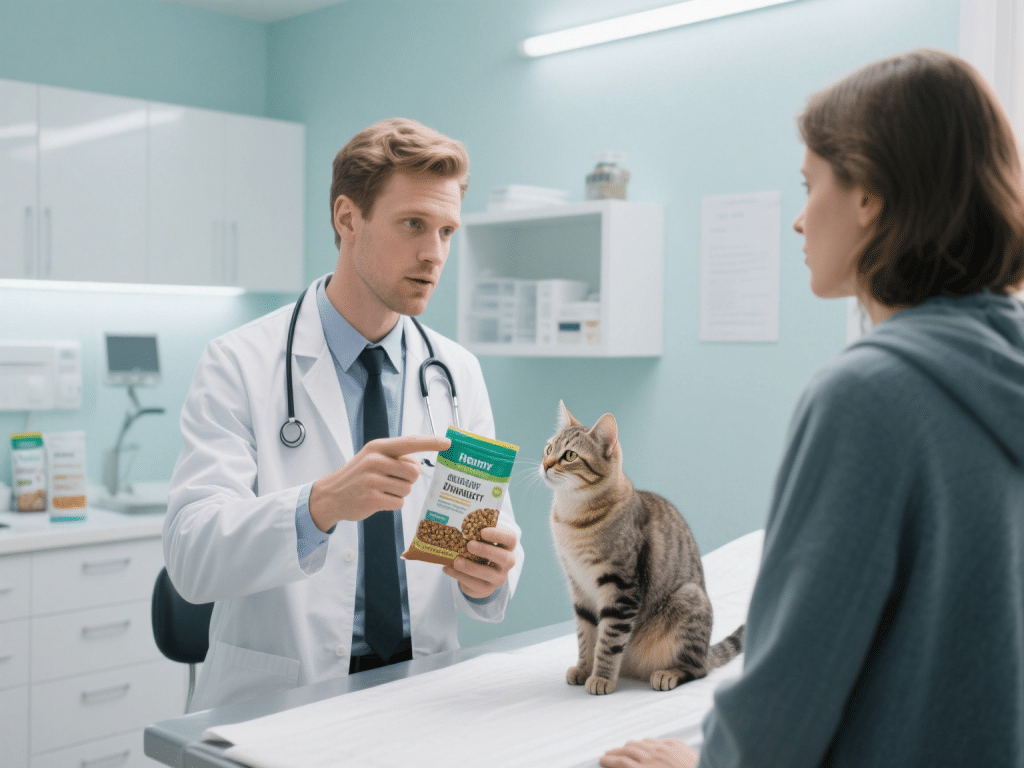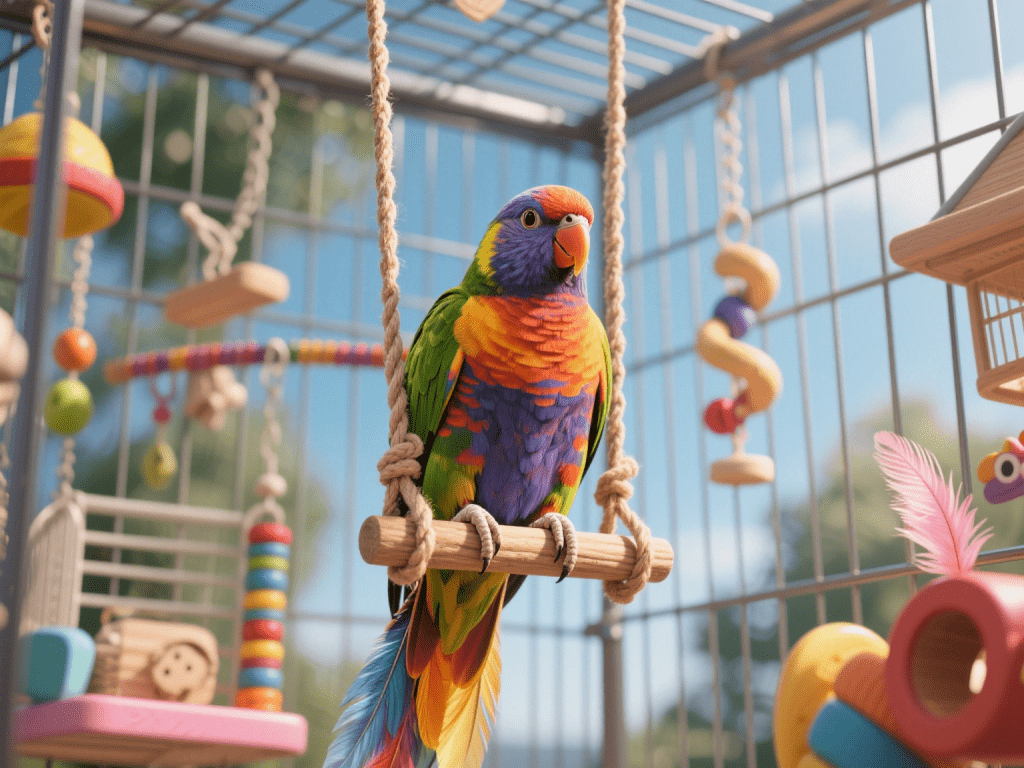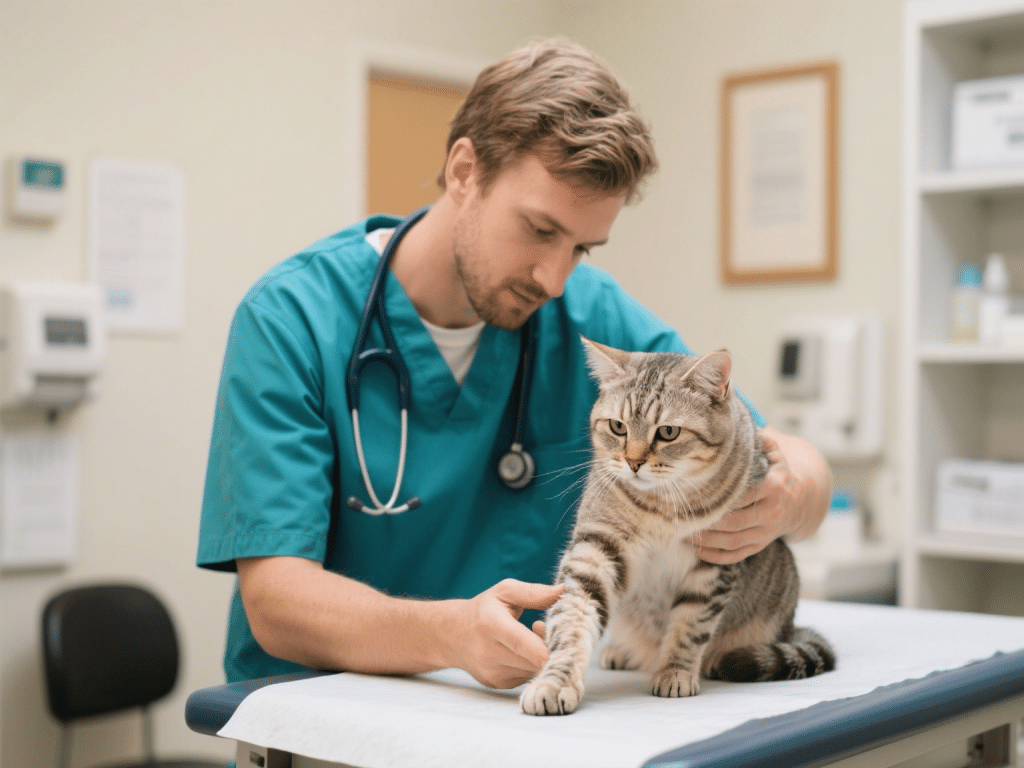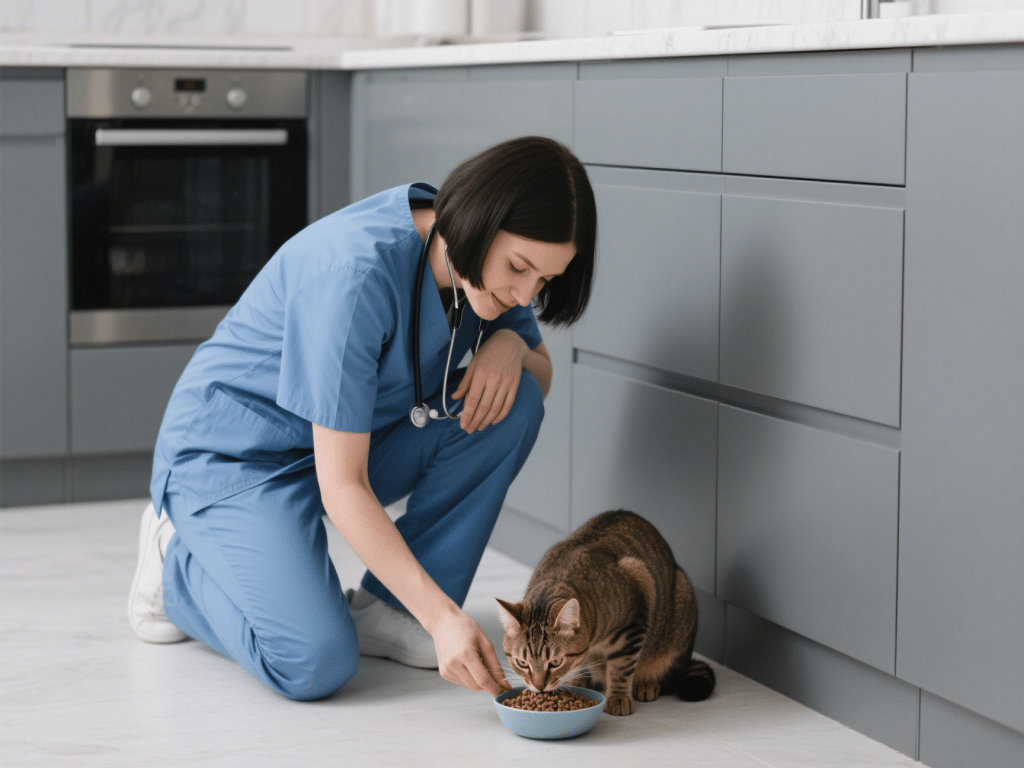
Nurturing New Kittens: Expert Tips for Supporting Their Early Development
When I first fostered my inaugural litter of kittens, I quickly realized that their first ...

The pet food industry has seen a surge in grain-free cat diets over the last decade, often promoted as "natural" or "ancestral." But is skipping grains actually healthier for your feline friend? As a feline nutrition blogger collaborating with board-certified veterinary nutritionists, I’ll break down the real science—debunking myths while sharing trusted guidelines for choosing the best food for your cat.
No corn, wheat, or rice
Often replaced with peas, lentils, or potatoes
Marketed as a return to “wild” feline diets
Cats are obligate carnivores: they require animal protein, not carbohydrates.
However, small grain amounts are digestible and provide energy and fiber.
FDA investigation (2018–2023) into links between grain-free dog foods and heart disease raised concerns in the pet food community.
While not directly linked to cats, experts caution against overreliance on peas or legumes.
Helpful for cats with rare grain allergies (though these are uncommon)
May aid in managing obesity or diabetes if low in carbs overall
Higher cost with no clear nutritional advantage for healthy cats
May be high in plant protein, which cats don’t process efficiently
Not all grains are “fillers”—oats and barley offer beneficial nutrients
Focus on animal protein as first ingredient
Low carbohydrate content (<10%)
Look for AAFCO statement for complete and balanced nutrition
Check ingredient list carefully
Consult your vet if your cat has allergies
Avoid boutique or exotic meats unless medically necessary
Rotate proteins and formulas to avoid sensitivities
Grain-free isn’t always better—it depends on your cat’s health needs. Stick to well-researched, vet-approved formulas high in animal protein and low in fillers. Grain-free might be trendy, but your cat’s wellness depends on balanced, species-appropriate nutrition.

When I first fostered my inaugural litter of kittens, I quickly realized that their first ...

Feather plucking is one of the most distressing behaviors I’ve encountered in over a dec...

Setting up a turtle tank can feel daunting for first‑time enthusiasts. With over eight y...

IntroductionArthritis affects up to 90% of cats over 10 years old, causing pain, stiffness...

IntroductionParakeets (budgies) are intelligent, social birds capable of mimicking human s...

IntroductionCat obesity is a growing concern among pet owners, as excess weight can lead t...
Comments on "The Truth About Grain-Free Diets for Cats: What Vets Really Say" :